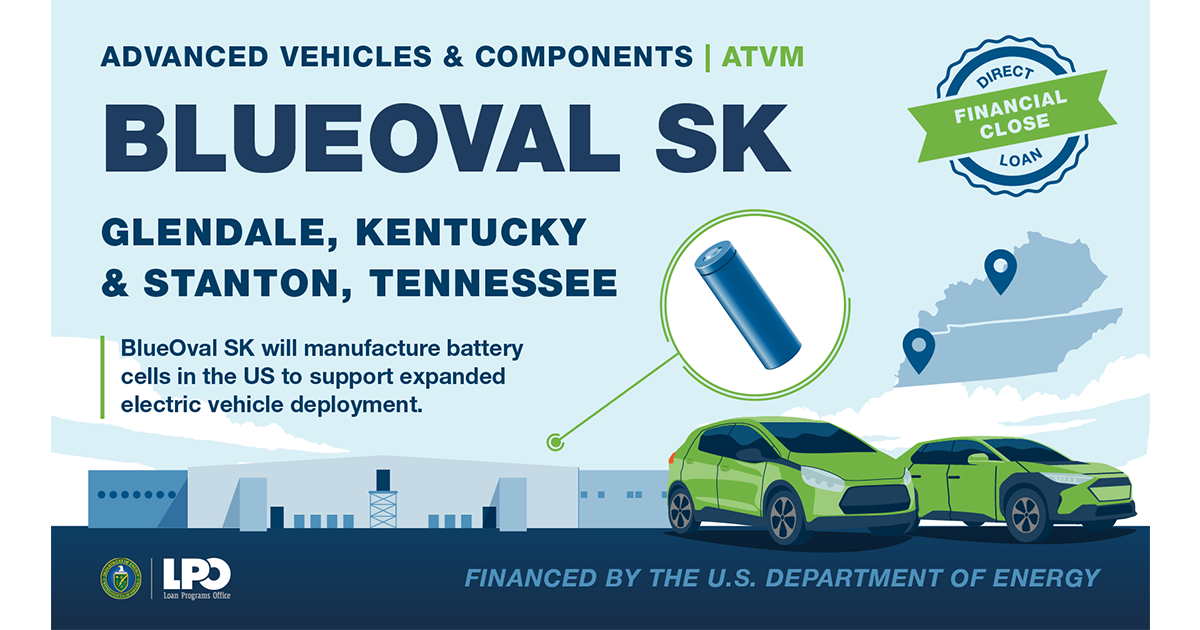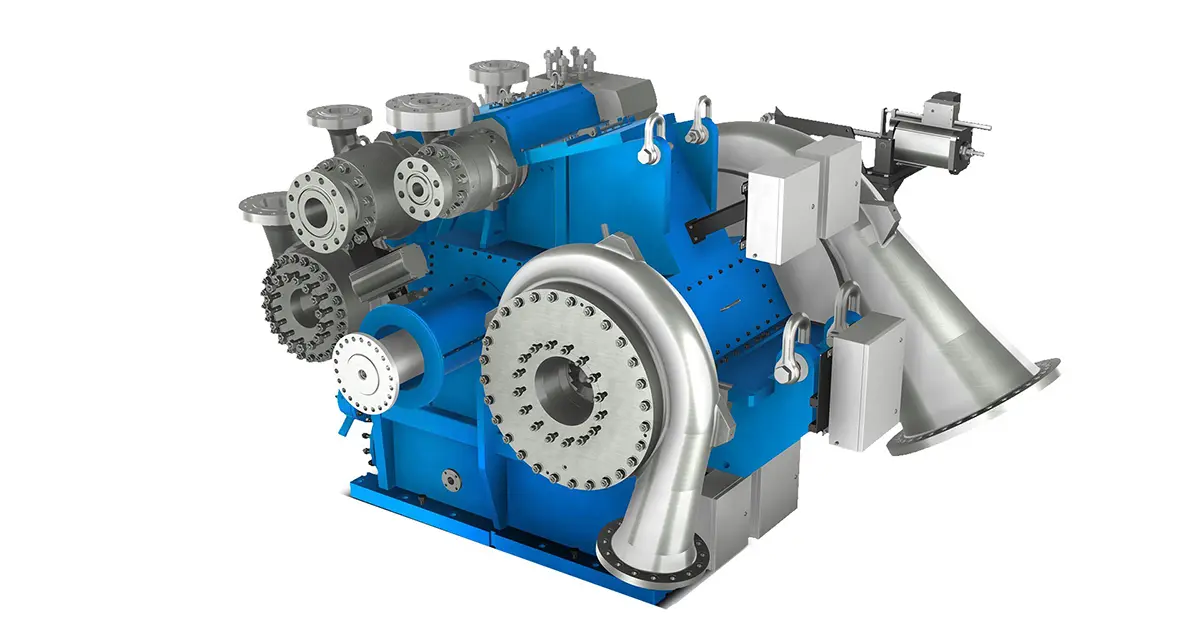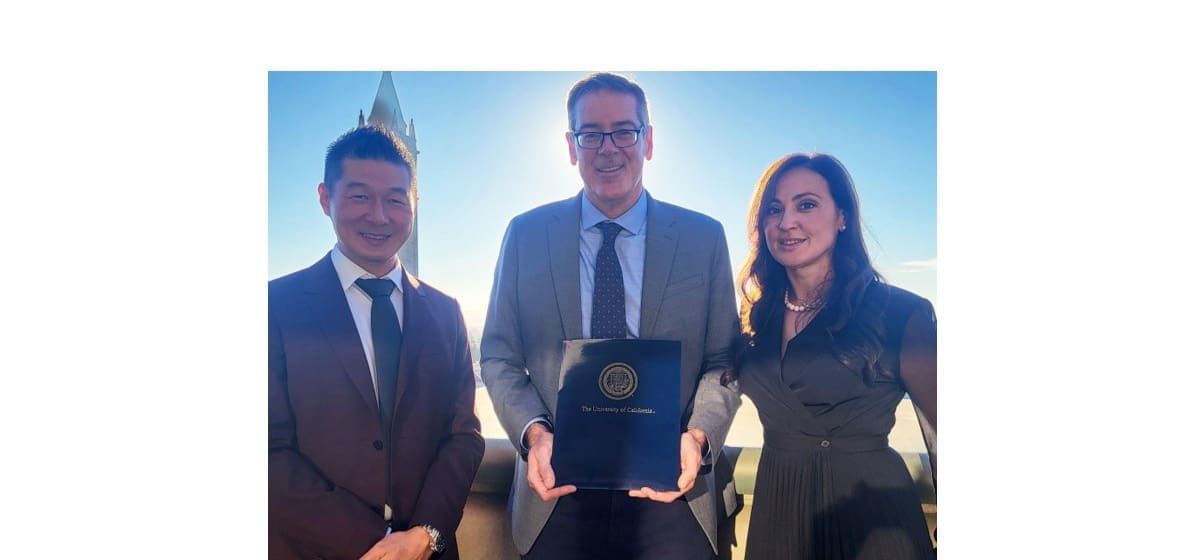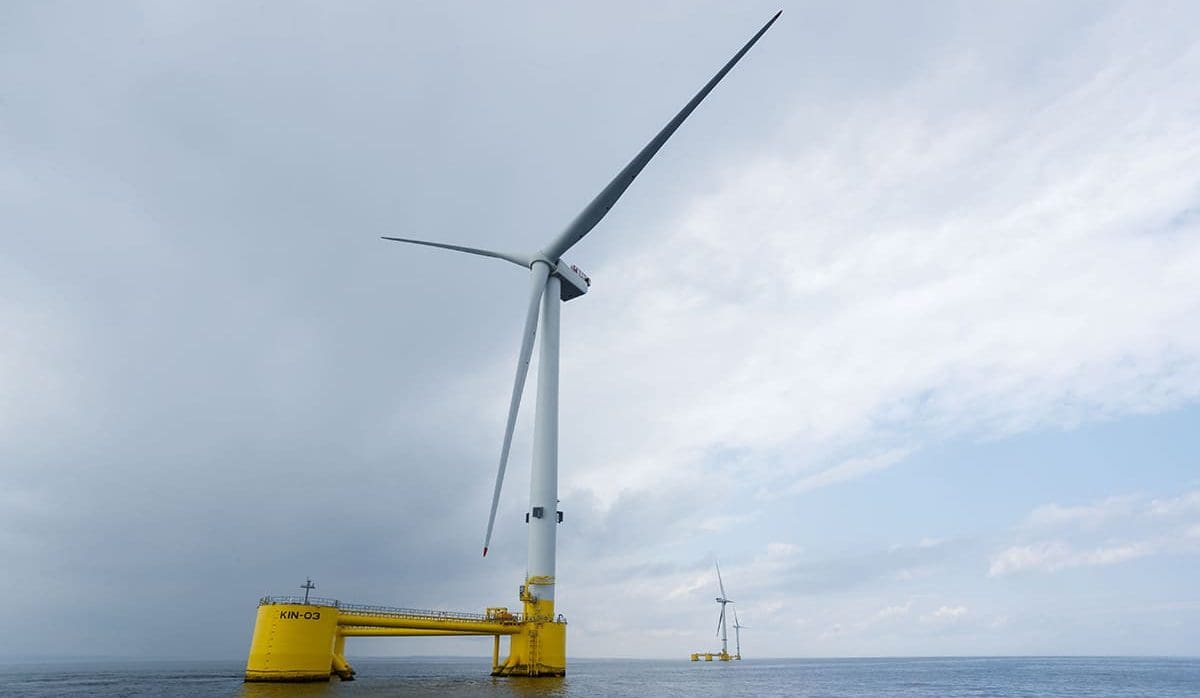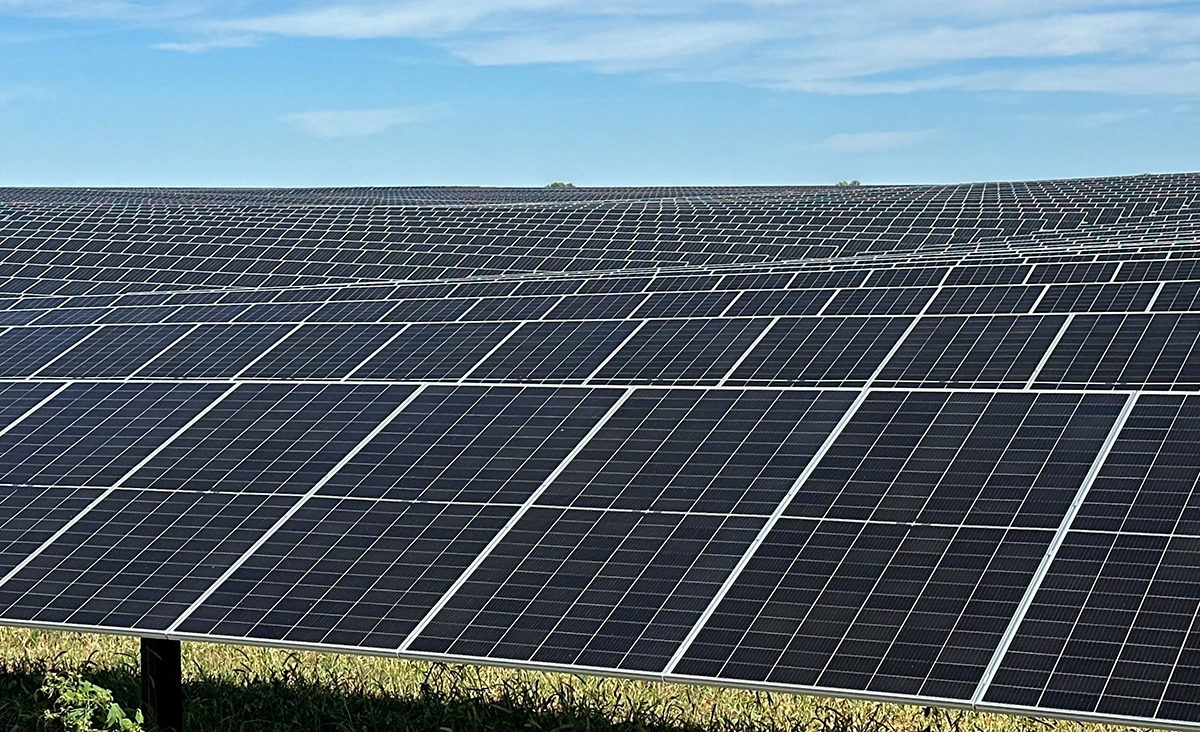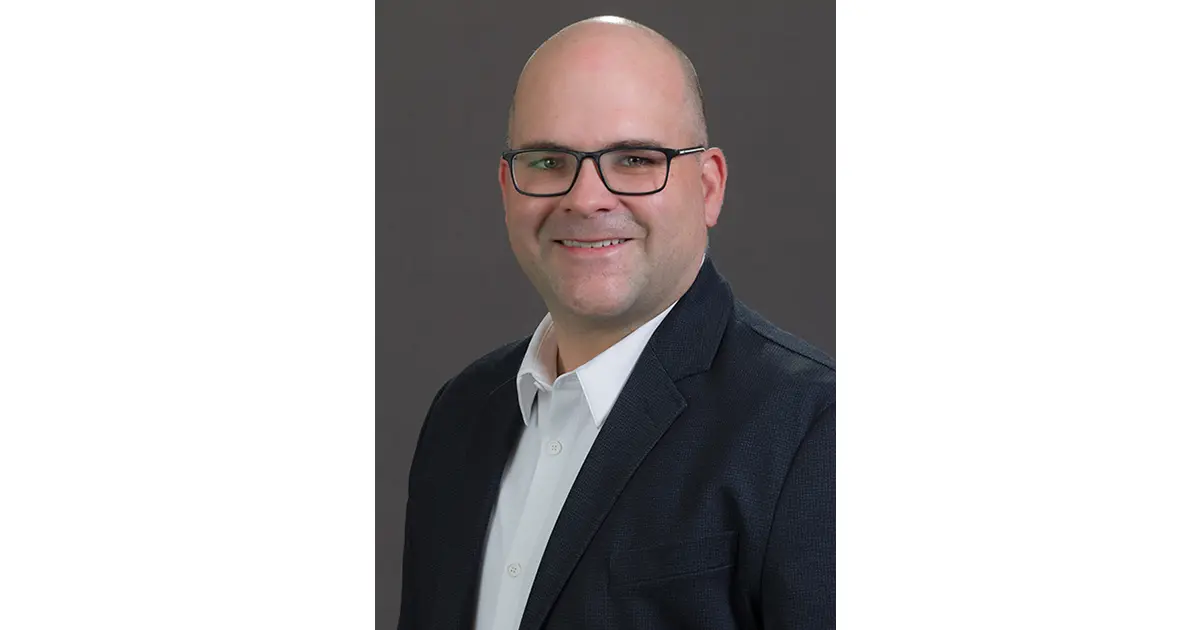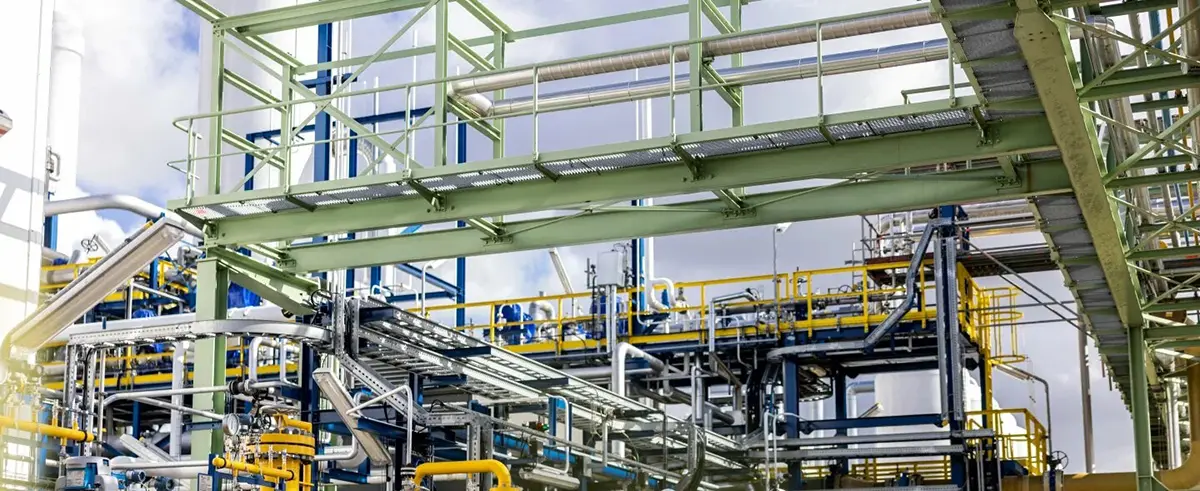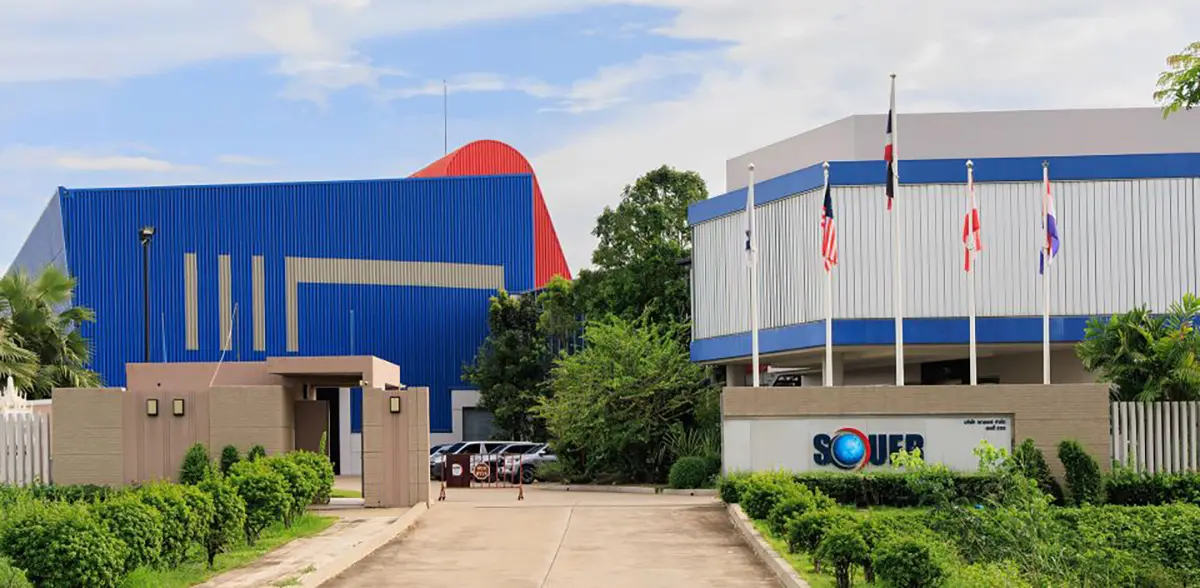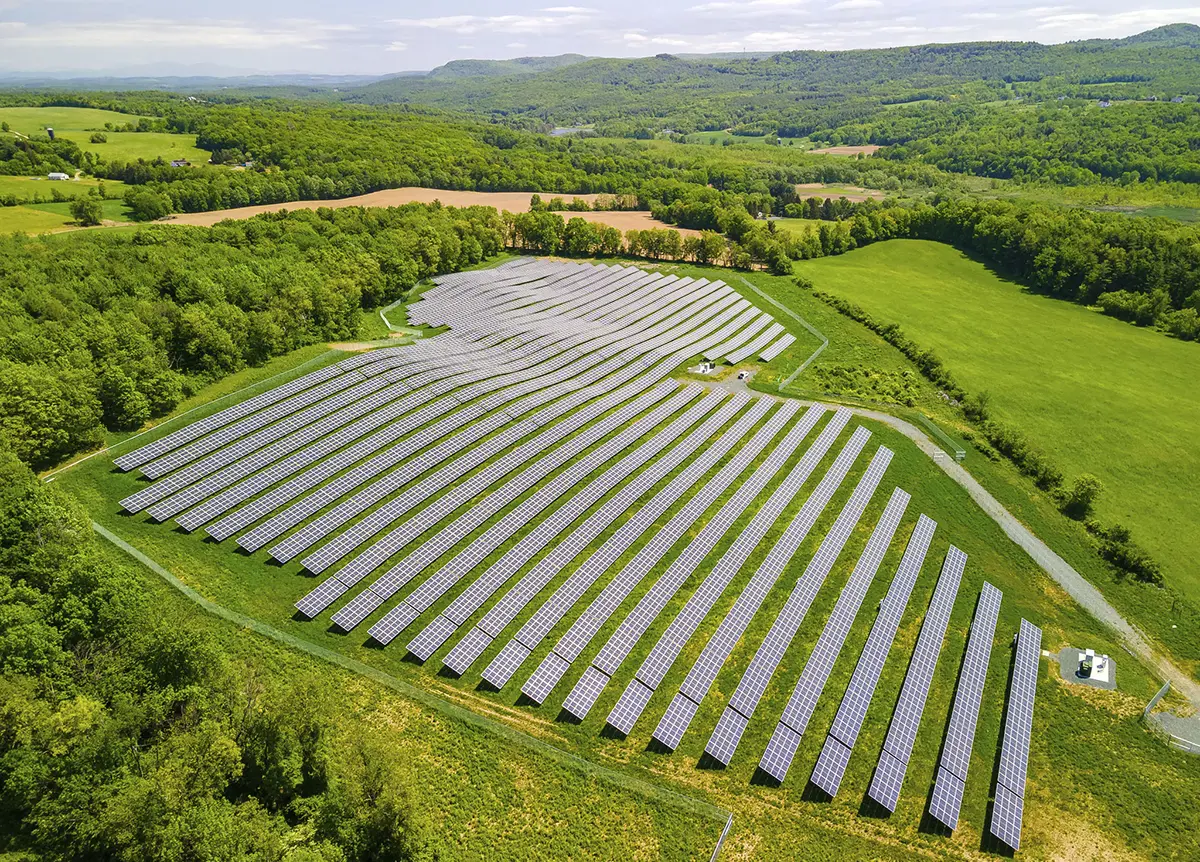
DOE Awards Funding For Geothermal Initiative Projects
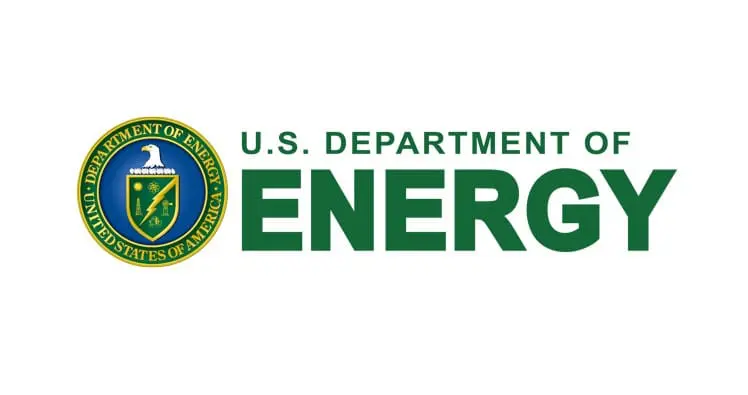
The US Department of Energy (DOE), through its Frontier Observatory for Research in Geothermal Energy (FORGE) Initiative at the University of Utah, has selected 17 projects to receive up to US$46 million in funding for carbon-free geothermal projects with potential to supply power to homes in the United States.
“There is enormous untapped potential for enhanced geothermal systems (EGS) to provide clean and reliable electricity to power tens of millions of homes across the country,” said Kathleen Hogan, acting undersecretary for science and energy. “These investments in EGS research support President Biden’s mission to take on the climate crisis by pushing the frontiers of science and engineering and creating jobs in cutting-edge clean energy fields.”
EGS are different from conventional geothermal resources that occur naturally in the United States and are geographically limited due to the need for underground heat and fluids. EGS are humanmade geothermal reservoirs and can be engineered in most parts of the country, potentially expanding geothermal energy production and transforming the domestic energy portfolio.
Utah FORGE is a laboratory where scientists and researchers learn how to engineer these manufactured EGS systems and is the first dedicated field site of its kind. Awardees will gain a fundamental understanding of the key mechanisms controlling EGS success; develop, test, and improve new techniques in an ideal EGS environment; and rapidly disseminate technical data and communicate lessons learned and best practices to the public.
Geothermal energy technologies supported by DOE have enjoyed strong bipartisan congressional support. In 2020, Congress renewed and expanded its commitment to geothermal energy through funding for research, development, and demonstration projects through the Energy Act of 2020.
Utah FORGE, in collaboration with the DOE’s Geothermal Technologies Office, selected the following projects to move forward into award negotiations:
Topic 1: Devices suitable for sectional (zonal) isolation along both cased and open-hole wellbores under geothermal conditions:
- Welltec – Katy, Texas
- PetroQuip Energy Services LLC – Waller, Texas
- Colorado School of Mines – Golden, Colorado
Topic 2: Estimation of stress parameters:
- Battelle Memorial Institute – Columbus, Ohio
- Lawrence Livermore National Laboratory – Livermore, California
- The University of Oklahoma – Norman, Oklahoma
Topic 3: Field-scale characterization of reservoir stimulation and evolution over time, including thermal, hydrological mechanical, and chemical (THMC) effects:
- Clemson University – Clemson, South Carolina
- Stanford University – Stanford, California
- Lawrence Berkeley National Laboratory – Berkeley, California
- Rice University – Houston, Texas
Topic 4: Stimulation and configuration of the well(s) at Utah FORGE:
- Fervo Energy – Houston, Texas
- The University of Texas at Austin – Austin, Texas
Topic 5: Integrated laboratory and modeling studies of the interactions among THMC processes:
- Pennsylvania State University – State College, Pennsylvania
- Lawrence Livermore National Laboratory – Livermore, California
- US Geological Survey – Denver, Colorado
- The University of Oklahoma – Norman, Oklahoma
- Purdue University – West Lafayette, Indiana

